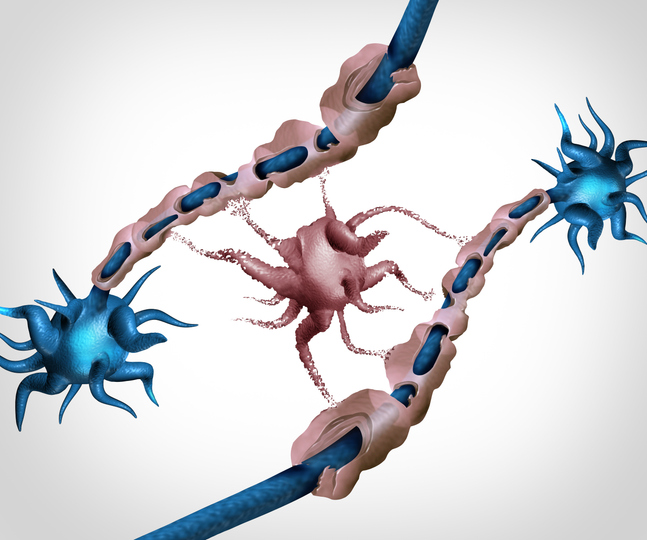Previous research suggests an association between attention deficit hyperactivity disorder (ADHD) and deficits in executive functioning. The most widely accepted treatment regimen for ADHD is a combination of drug therapy and evidence-based non-medication interventions. It remains unclear, however, whether executive functioning is comparable between treatment-naïve and medicated children with ADHD, and with typically developing children.
In this study, researchers compared 50 treatment-naïve, 50 medicated children with ADHD, and 50 typically developing children aged between six and 12 years. Participants underwent the Mini International Neuropsychiatric Interview for Children and Adolescents and the Test of Attentional Performance for Children (KiTAP). Treatment-naïve patients were recruited from a psychiatric hospital and outpatient clinic where they were seeking treatment for the first time. Most (n = 43; 86%) of the medicated group was receiving methylphenidate treatment, and the remaining seven used atomoxetine; average doses of the medication were 15.7 mg and 39.3 mg, respectively. Children took their medication on the day of KiTAP testing. Members of the control group were required to have never received a psychological, psychiatric, or neurological diagnosis or associated treatment, either during the study or before it began. Controls also underwent a diagnostic interview to confirm they did not have ADHD.
Children with ADHD who were treatment-naïve displayed a weaker performance in 12 of 15 executive function measures in comparison with medicated ADHD patients and the control group. Medicated ADHD patients and typically developing patients displayed no significant differences in 10 of the 15 KiTAP parameters.
The researchers concluded that ADHD medication appeared to have the most significant impact on inhibition, alertness, and divided attention tasks. Given that treatment-naïve participants presented a worse performance than the medicated and control groups, the authors theorized that impaired executive functioning is a characteristic of ADHD. They also suggested that future studies evaluate how different medications affect executive functioning in varying ADHD subtypes.







 © 2025 Mashup Media, LLC, a Formedics Property. All Rights Reserved.
© 2025 Mashup Media, LLC, a Formedics Property. All Rights Reserved.